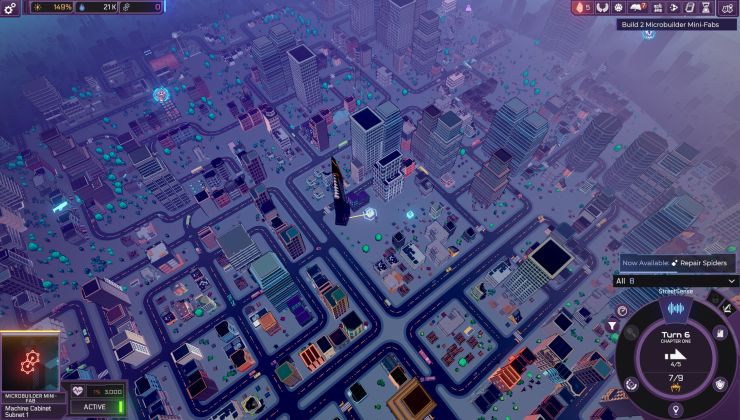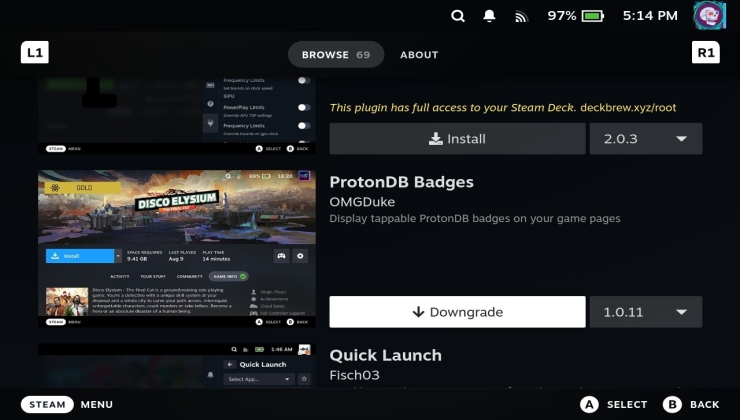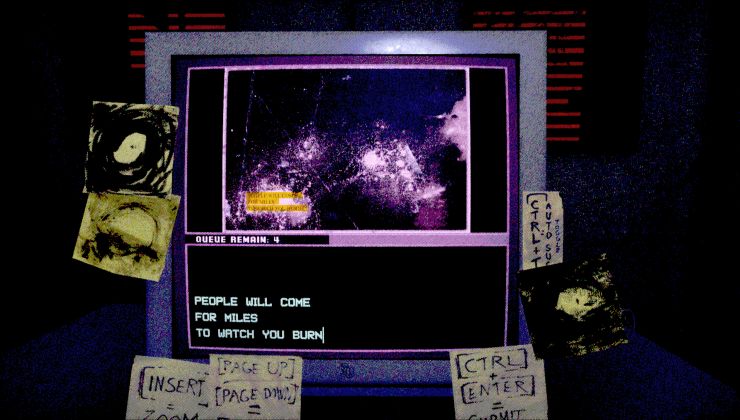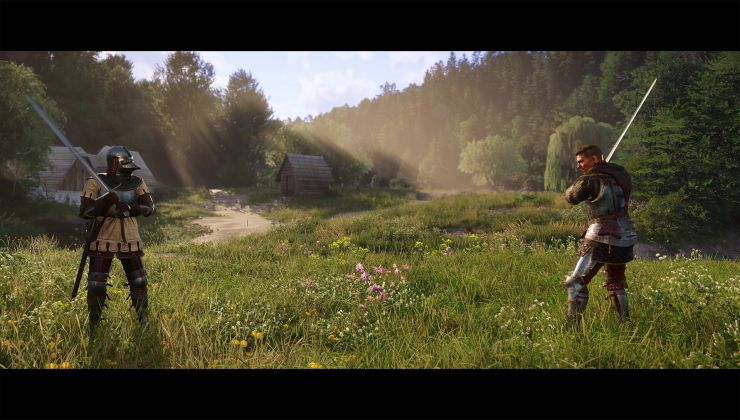RetroArch, the free and open source application designed to help you manage emulators, media playback and more has a few additional emulator cores available now on Steam.
Cores are essentially the modules that RetroArch runs to do things, like run different emulators. The Steam release for RetroArch is a little different to the normal version. Instead of grabbing these cores directly in the application, they're being put up as individual DLC to download.
Just recently the team put these up:
- BlastEm - SEGA Genesis / Mega Drive emulator.
- Snes9x - SNES emulator.
- Desmume - Nintendo DS emulator.
- Nestopia - NES emulator.
- Flycast - Sega Dreamcast, Naomi and Atomiswave emulator.
- PPSSPP - Sony PSP emulator.
Currently, a few of them don't have the Linux builds available but the RetroArch team said to expect them shortly.
Be honest - how many of you will be loading all this up on the Steam Deck? Going to be an absolutely fantastic device for emulation fans and being on Steam should hopefully make it painless to get going.
I get that RA is meant to work everywhere, from handhelds to dedicated SBCs attached to big TVs and so on... but on the desktop is just a horrible experience.I agree, the consolized UI is my biggest gripe with it.
I don't touch my controller until I'm in a game, so having to navigate that controller-centric UI is a pain, especially if you have a lot of games. Finding single ones among them is something you really have to figure out first.
Even MAME is superior in that and that's really not a cornerstone of intuitive kb&m design.
Either way, it's still the easiest to set up, even if you can't really make it pretty with box art, screenshots, etc.
PPSSPP - Sony PSP emulator.I read the name of that emulator out loud and every cat in the neighborhood showed up!?
Playing the old classics on this sounds so much more appealing then playing a FPS on reduced screen size and trying to take out a sniper shooting from under cover.
I know some people are getting excited about FPS on this, but unless the games are designed to play well on the smaller format..
Will not hold my breath.
As far as Steam RetroArch vs non Steam version, just thinking if you like to play your emulated games full screen, and you like to easily map controls to a game pad then Steam has some ease of use factors on its side.
Last edited by Craggles086 on 11 Nov 2021 at 5:20 am UTC
I managed to load the PPSSPP core and even start a game, which is better than my last attempt. Unfortunately the game does not recognize input from any of my controllers (ps4 and steam controller). The keyboard "works" but I get stuck in the game start dialogues. Enter works to get me a some ways in but then I get stuck on a piece of dialogue. Random keys then start videos recording, pause, speed up the game and other random things occasionally quitting the emulator and sometimes steam itself. Finally I use ESC to quit.
So close and yet so far.
Does anyone know how to get controllers working?
Update I managed to work out some keyboard controls with trial and error and then found: https://docs.libretro.com/guides/input-and-controls/
Hopefully that helps someone
Last edited by Nod on 11 Nov 2021 at 6:45 am UTC








 How to set, change and reset your SteamOS / Steam Deck desktop sudo password
How to set, change and reset your SteamOS / Steam Deck desktop sudo password How to set up Decky Loader on Steam Deck / SteamOS for easy plugins
How to set up Decky Loader on Steam Deck / SteamOS for easy plugins
See more from me